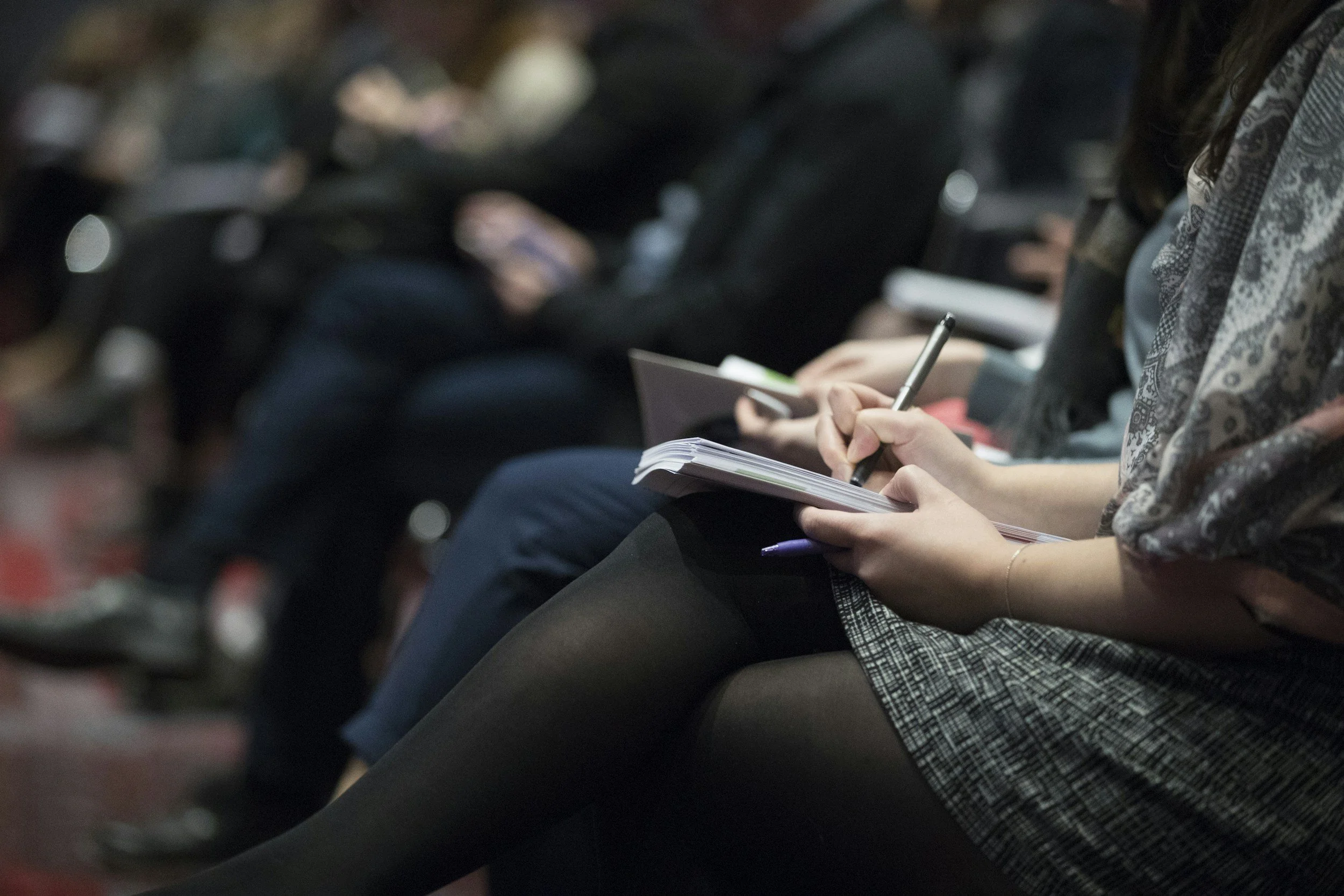A School of Social and Environmental Sustainability Conference for PGRs
This is a collective blog post written by a group of second and third-year PGRs based at the School of Social and Environmental Sustainability (SoSES):
Helena Fornells Nadal is a poet and researcher currently working towards an interdisciplinary practice-based PhD on Ecopoetics and Land Politics.
Ted Palenski is an educator and researcher working on a PhD within the ESRC project Teaching for Digital Citizenship: Data Ethics in the Classroom and Beyond.
Charlotte Hunt is an interdisciplinary researcher working on a practice-based PhD in Interdisciplinary Studies which focuses on queer narratives in the peatlands.
Maria Izzo is a PhD candidate in Health and Social Policy researching older Ukrainian care workers in Italy. Her work focuses on care, ageing, migration, and multilingual fieldwork.
The PhD journey can, at times, be an isolating experience, especially in times of austerity and precarity. As a group of second and third-year PGRs based at the School of Social and Environmental Sustainability (SoSES), we also contend with an academic community that is dispersed between Dumfries and Glasgow, a two-hour train journey. In SoSES, every spring, our first year PGRs present their research to the wider school. This year, in order to forge deeper links with the wider university, we hosted a PGR Conference on 1st May 2025, which was for the first time student-led and open to PGRs outside of the school and outside of the college. The conference was organised by a PGR committee (Charlotte Hunt, Ted Palenski, Maria Izzo and Helena Fornells Nadal) with support from the school’s PGR staff, who secured CoSS PGR Opportunities Hub staff-led funding.
The idea for the conference came from thinking about the many links between the interdisciplinary research taking place in our school around a broad range of issues within social and environmental sustainability, and the research taking place in other schools and colleges on the same topics from various disciplinary lenses. The conference committee was keen to start conversations and exchange ideas with PGRs beyond our school, and to showcase the relevance of the work done in SoSES to those in other departments who may be less familiar with the Dumfries campus.
The conference title was Exploring Social and Environmental Sustainability through the Lens of the UN Sustainable Development Goals: Innovations, Contributions, and Interdisciplinary Approaches. 15 abstracts were presented by PGRs from SoSES and from schools in other colleges across the University, including the School of Education, the School of Social & Political Sciences, the School of Health & Wellbeing, and School of Geographical & Earth Sciences. The aim of the conference was to welcome external students to the Dumfries Campus to allow for the fostering of collegiality between the university’s campuses and to spark new conversations between PGRs across disciplines, through the common link of social and environmental sustainability.
The conference’s panels explored the following topics: Education: Tools, Stories, Methods; Cultural Heritage & Peacebuilding; Urban & Rural Land Use & Sustainability; Intersectionality & Climate Justice; Water-based Social-Ecological Systems. Additionally, the committee facilitated two workshops: ‘Creativity in Research’ and ‘Generative AI for Social and Environmental Sustainability?’, both designed for a multidisciplinary audience. The development of the workshops was supported by the CoSS PGR Opportunities Hub Peer to Peer Workshops scheme.
The ‘Creativity in Research’ workshop explored the value that creative practice and thinking can bring to research projects in any academic discipline, both during the research process (for example, contributing to increased awareness of researcher reflexivity and positionality, and the exploration of affective, ethical, and aesthetic dimensions of research and knowledge) and at the time of sharing research outputs with a wider audience within and outwith academia (providing an additional set of tools for effective Knowledge Exchange with non-specialist audiences). The workshop was attended by researchers from diverse disciplines, many of whom had not had the chance to think creatively about their projects before. In the feedback we received from our post-conference questionnaire, we heard that the workshop had been useful in helping to think differently about project planning and how to communicate complex ideas to wider audiences.
The second workshop, on generative artificial intelligence in the space of higher education, was a critical introduction to how generative AI works from a critical perspective: both as a technology of probabilistic text transformation and as a technology of extraction, whether through the material resources of land and water use or the labour required for model training. We felt it important to move beyond more instrumental approaches (e.g. how to use generative AI in research) and discussions of ethics vis-à-vis academic integrity. Instead, the workshop provided a space for discussion around the implications of generative AI on teaching and learning in higher education and provided participants the opportunity to reflect on what’s at stake.
An audience of over 50 staff and students attended the conference, and the committee received very positive feedback after the event: attendees highlighted the quality of the presentations, the diversity of speakers, and the benefits of building connections between the Dumfries and Gilmorehill campuses, all in the service of research on sustainability. The school hopes to host their interdisciplinary PGR conference again in 2026, extending it to two days to allow for more presentations and additional networking opportunities.




